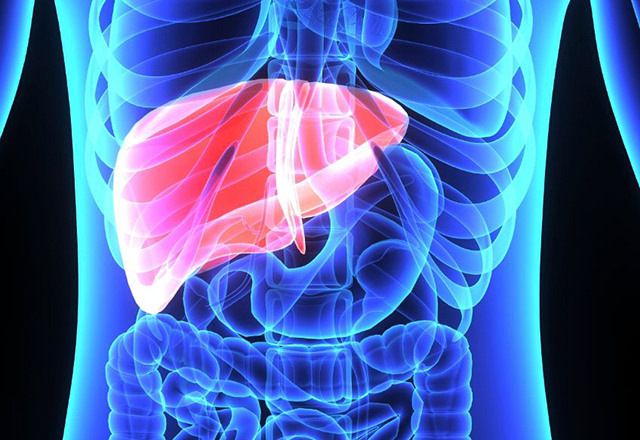Advances in knowledge and techniques improved postoperative liver transplant outcomes, but optimizing re-liver transplant outcomes requires further research.
Initial liver transplant (LT) outcomes have improved over recent decades; however, liver re-transplant outcomes have not kept pace, Stanford University researchers report in Clinical Transplantation.
“Our study investigated the progress of liver re-transplant (re-LT) outcomes in the United States over the past two decades. Read the article in Physician’s Weekly.

